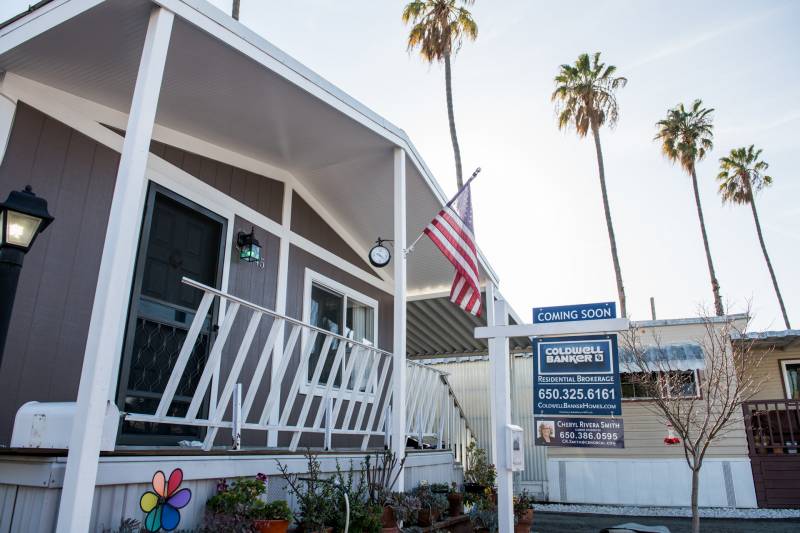The Judicial Council of California voted Thursday to end its moratorium on evictions and foreclosure filings on Sept. 1, about two weeks later than they were initially set to end.
The move gives lawmakers a little more time to fashion new protections for millions of California tenants facing eviction, and property owners struggling to pay their mortgages.
Legislative leaders and Gov. Gavin Newsom are knee-deep in negotiations over a long-term solution, which would pick up when the current moratorium expires. Assemblymember David Chiu, D-San Francisco, who authored AB 1436 — one of the bills under consideration — told KQED those two weeks are preciously needed time.
"We are breathing a very quick sigh of relief, but we have a ton of work in front of us," Chiu said. "We simply cannot allow a massive wave of evictions to occur in California. It would be catastrophic."
"The human suffering would be extraordinary," Chiu said.
Roughly 4 million California renters are at risk for eviction by the end of September, according to a model to predict national eviction risk developed by The Aspen Institute, a coalition of economists and legal experts.
The Judicial Council – the state court system's policymaking body – first enacted an emergency eviction moratorium and halt on foreclosures in an April decision, which they were poised to end in June. But California Chief Justice Tani G. Cantil-Sakauye called off that vote to provide more time to Gov. Newsom and the legislative branch to find an alternative solution to halt evictions.

